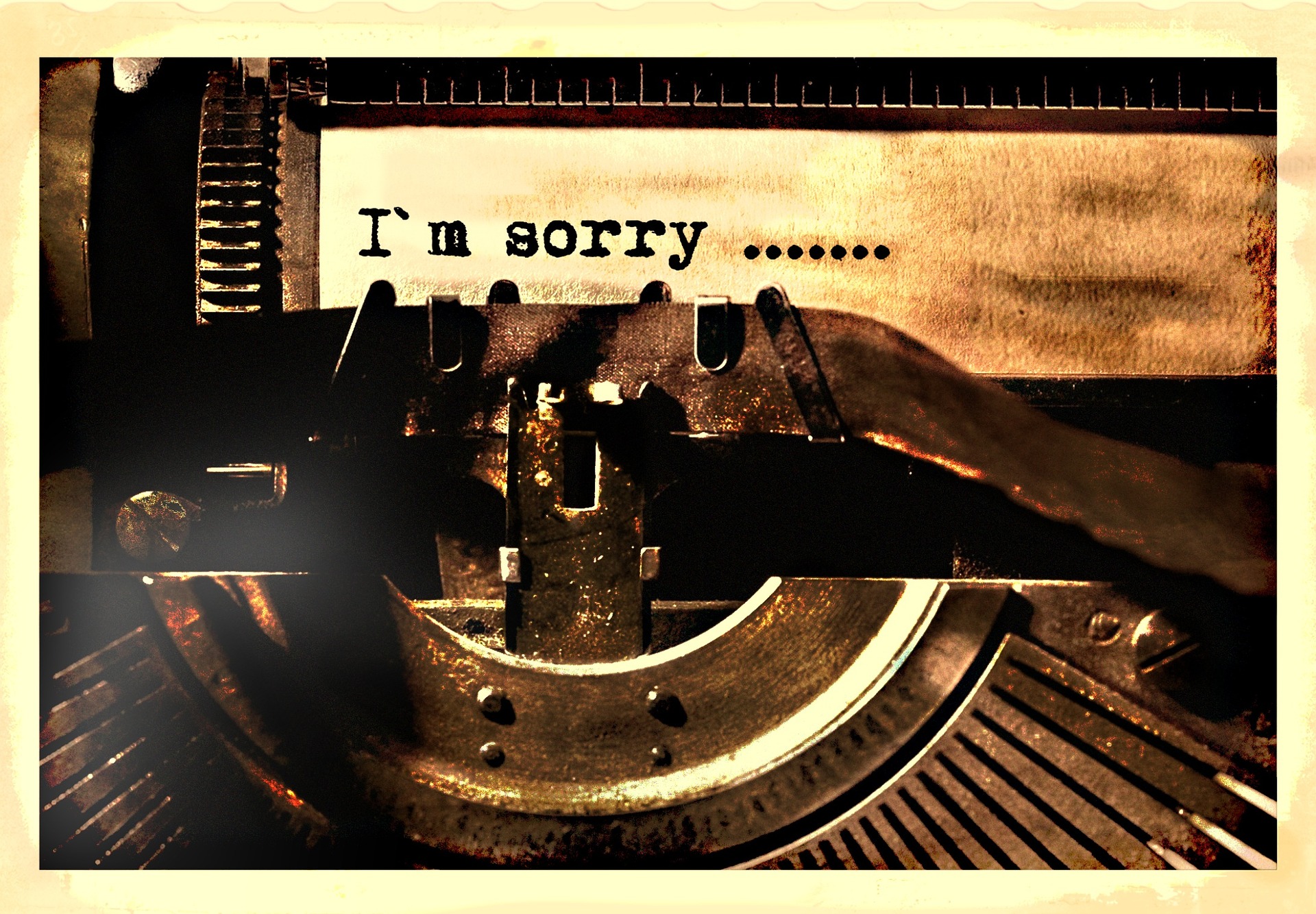In the movies, love means never having to say you’re sorry, but in politics or business, a proper apology can make the difference in preserving a compromised relationship with your constituents.
In times of crisis or negative events, showing remorse can effectively shift public opinion from angry to forgiving. Public trust is remarkable and easily destructible, especially with the negative influence of social media channels like Twitter. Repairing a trusted relationship with stakeholders or customers requires thought, authenticity and respect. Additionally, apologies must be made within a reasonable amount of time; the longer the delay the greater the crack in trust.
And in some situations, an apology may not be enough; in some circumstances, the violation may be so significant that real and visible change is necessary to demonstrate accountability.
It’s never easy acknowledging a mistake, poor judgment or what some would characterize as just plain stupid behavior. Saying I’m sorry is hard. But the discomfort of an apology may feel better than the embarrassment of seemingly endless public commentary and hostility in relation to the actual wrongdoing.
A well-constructed apology incorporates an explanation about what led to the issue, a clear dose of empathy to legitimize the public being offended in the first place. And an apology should include reassurances that lessons were learned and the misdeed won’t happen again.
Recently, the nation has witnessed several elected officials accused of egregious acts and who have failed in their responses. Equivocating, changing your story, dragging out decision-making about what to do while essentially dismissing the impact of the offense pretty much guarantee no recovery. Yet, some leaders still choose this path.
Correcting a mistake and restoring public trust don’t happen overnight. A balance of humility, accountability and humanity, however, can contribute to finding a way forward.
Elton John was right, sorry seems to be the hardest word.

